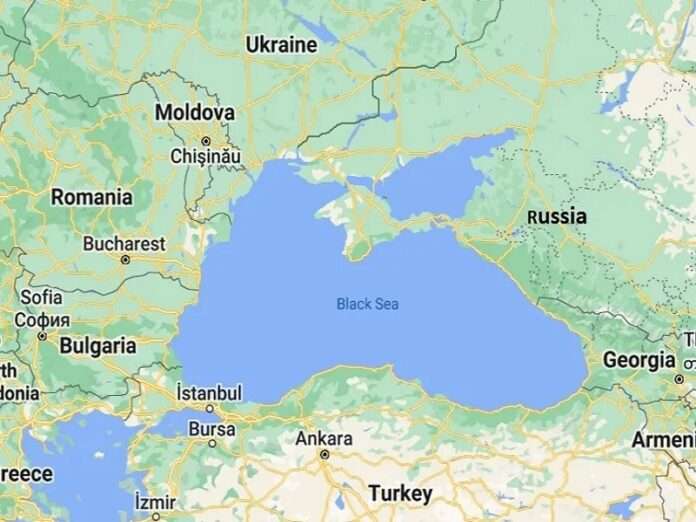An ATACMS missile loaded with cluster munitions exploded over a beach in Sevastopol over the weekend, injuring 124 people, nearly a fifth of whom were children. The Russian Ministry of Defense blamed the US for providing Ukraine with these missiles and inputting their satellite-obtained targeting data. Other reports claimed that an American reconnaissance drone was flying in nearby international waters at the time of the time, thus lending further credence to the aforesaid claim of involvement.
For as atrocious of a terrorist attack as this was, Russia still doesn’t appear to have the political will to shoot down or otherwise neutralize such drones that facilitate these strikes. It was concluded in March 2023 after a mid-air incident at the time that “Russia Had The UN-Enshrined Right To Direct The US Drone Away From Crimea”, but it didn’t follow up on this by imposing a no-fly zone in international waters. Russia still remains reluctant to do anything that could escalate and this likely won’t change.
With this observation in mind, last spring’s incident appears to have been an exception to the unofficial rule of Russia proverbially turning the other cheek or simply bombing some military target in Ukraine in response to every major US-backed provocation such as this weekend’s. The evidence in support of this thesis includes the Crimean bridge bombings, assassinations of political and media figures, strikes against oil refineries and strategic airbases, and even May 2023’s attack on the Kremlin itself, et al.
Time and again, Russia restrains itself and doesn’t climb the escalation ladder, with the absolute most that it’s ever done was carry out a large-scale bombing campaign against Ukraine’s energy infrastructure in fall 2022. Even that, however, wasn’t comprehensive and the damage was ultimately repairable. No symmetrical attacks were ever made, however, such as bombing the Rada or a bridge across the Dnieper. Accordingly, there’s no reason to expect Russia to climb the escalation ladder after this latest attack.
For that to change, Russia would first have to accept the Cuban-like brinksmanship crisis that could swiftly follow if the US decides to provoke one after its reconnaissance drones are shot down or otherwise neutralized, but there’s no indication that it’s prepared to do so. To the contrary, official rhetoric from President Putin on down (with Medvedev being an exception since he functions as the “bad cop” for relieving ultra-nationalist pressure at home) has been conciliatory, never escalatory.
While it’s possible that this is just a “psy-op” to “psyche-out” the West ahead of an abrupt change in policy in order to maximally catch them off guard, it’s much more likely that this isn’t the case and that such an explanation is just wishful thinking or “copium” from sympathetic Alt-Media influencers. The reality is that Russia has proven itself reluctant to escalate, perhaps because it truly fears that the US might provoke World War III over whatever provocation it may be that prompts Russia to escalate.
The aforementioned explanation might be described by some as another example of “copium”, but it still cogently accounts for why President Putin remains committed to his policy of not responding in a tit-for-tat way to any of Ukraine’s major US-backed provocations. Even asymmetrical responses aren’t seriously considered except for bombing a few military targets afterwards and sometimes hitting a couple of power plants, but those responses have had absolutely no deterrent effect as is indisputably known.
If these military-strategic dynamics remain unchanged, then more provocations can be expected, and they’ll continue characterizing this hybrid conflict until it finally ends. Russia’s pattern of behavior thus far suggests that it considers this an acceptable cost to pay for not risking World War III by miscalculation over any of these attacks. Regardless of whatever one’s views are about the merits of this policy, it nevertheless appears to be the way in which President Putin will continue approaching this dilemma.







